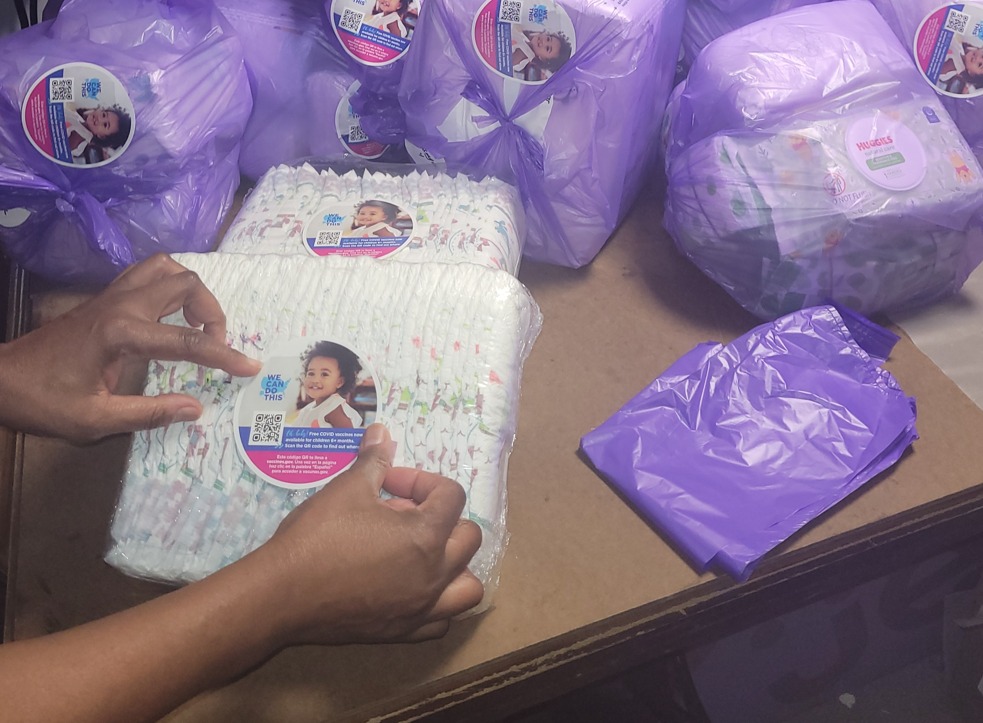Diapers can be expensive. In fact, the average cost per child is typically $70 to $80 per month. With nearly one in three low-income families in need, Gem City Diaper Bank (GCDB) is trying to fill the gap by providing diapers to low-income families in the Montgomery County area. GCDB is a proud member of the National Diaper Bank Network, which has 200+ members nationwide.
Southwest Ohio Parent spoke to Rosemary Roberts, co-founder and executive director of Gem City Diaper Bank, to find out more about this non-profit that’s helping parents and caregivers access diapers, wipes and even period products when they need them.
How can families find you if they are in need?
Families in need of diapers, wipes and period supplies can find us by calling 211 or through our website and click the tab “Contact Us.”
If qualified, how long will families receive assistance?
Once the application process is completed, families needing emergency assistance will most likely receive diapers the same day. For first-time clients, an appointment is scheduled at a time that’s convenient for both parties. Clients on the program will receive diapers every other month (a two-month supply) until the child is potty trained or 3½ years old. Families of children with disabilities are on the program until age 5.
You also have an UnderCare program. What is that?
Gem City Diaper Bank’s UnderCare Program is an extension of the services we provide as a diaper bank. Once a child reaches the age limit or is potty trained, parents have the opportunity to volunteer to earn points to receive one pack of t-shirts, one pack of socks and one pack of underpants for their child. Parents may volunteer twice a year to earn these items and the child who receives the items must be no more than 12 years old.
Period poverty has been in the news lately. Can you explain the problem and how you’re helping?
Period Poverty refers to the prevalent problem of being unable to afford products such as pads, tampons or liners to manage a female’s menstrual cycle. In lieu of sanitary products, many individuals are forced to use items like rags, paper towels, toilet paper or cardboard. A shortage of resources stops women from going to work every day. Girls who don’t have access to feminine hygiene products are missing school. The lack of proper menstrual hygiene leads to health issues like toxic shock syndrome, reproductive tract infections and even cervical cancer. We are helping to end period poverty by first bringing awareness of the need and secondly, by having products available to provide a solution.
How can people help Gem City Diaper Bank and get involved?
People can help by donating disposable diapers, hosting a basic needs drive, volunteering or making a monetary donation.



